Meet the Project Archivist
Hello, my name is Danielle Butler, and I was hired as the project archivist for "The Road from Hell is Paved with Little Rocks," made possible by a grant from the Digitizing Hidden Collections Initiative sponsored by the Council on Library and Information Resources (CLIR).
I began my journey at the University of Arkansas at Little Rock Center for Arkansas History and Culture in the Fall of 2014 as a graduate assistant and graduated in May 2016 with a master’s degree in Public History with an archival specialization.
Before enrolling in the Public History master's program at UA Little Rock I completed my undergraduate degree in history at Ouachita Baptist University in Arkadelphia (Clark), Arkansas, during which I developed an interest in archival studies that helped guide my decision to pursue a career in Public History.
Throughout the course of the Public History program I became interested in digital humanities and digitization. I am excited to be apart of this project because of its focus on providing digital access to collections. The collection material also largely addresses minority groups in Arkansas, and I look forward to helping make their story part of the larger historical narrative.
As project archivist, my tasks range from preparing collection material to be digitized (more on that excitement to come), quality checking and renaming items when they are returned, generating metadata, and uploading digital surrogates into the appropriate institutional catalogs.
While my position is administered through the university, I serve as the project archivist for the collections of all institutions participating in this project: the UA Little Rock Center for Arkansas History and Culture, the Central Arkansas Library System Butler Center for Arkansas Studies, and the Little Rock Central High School National Historic Site.
I will be posting on this blog, along with some guest contributors, about collection material, digitization processes, and increasing the accessibility of these collections as the project progresses.
